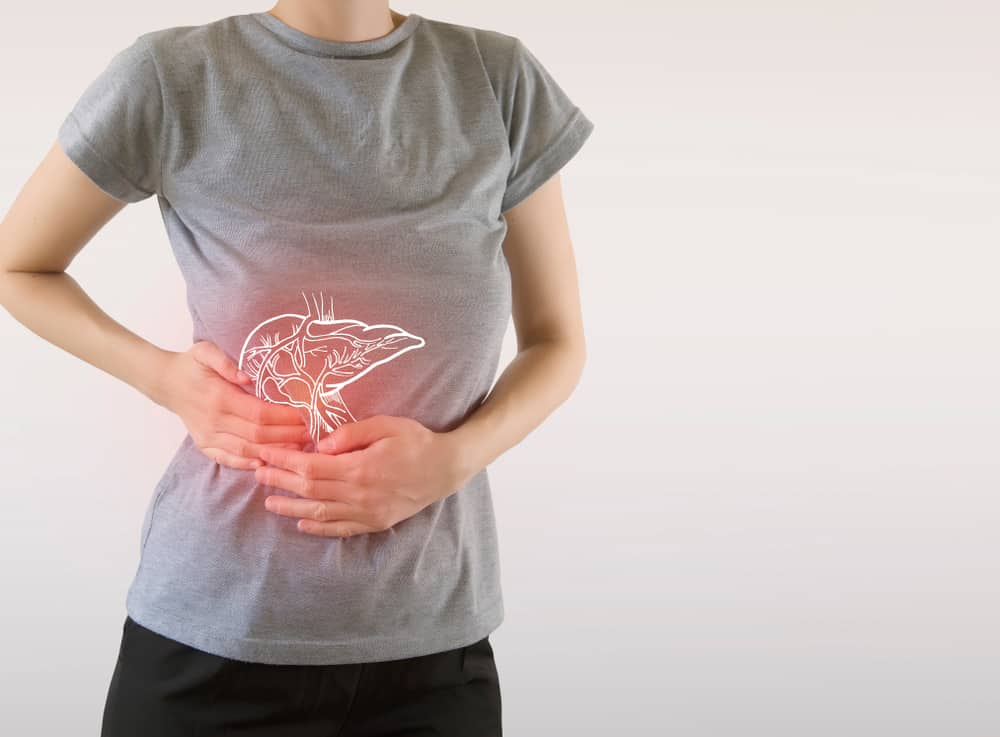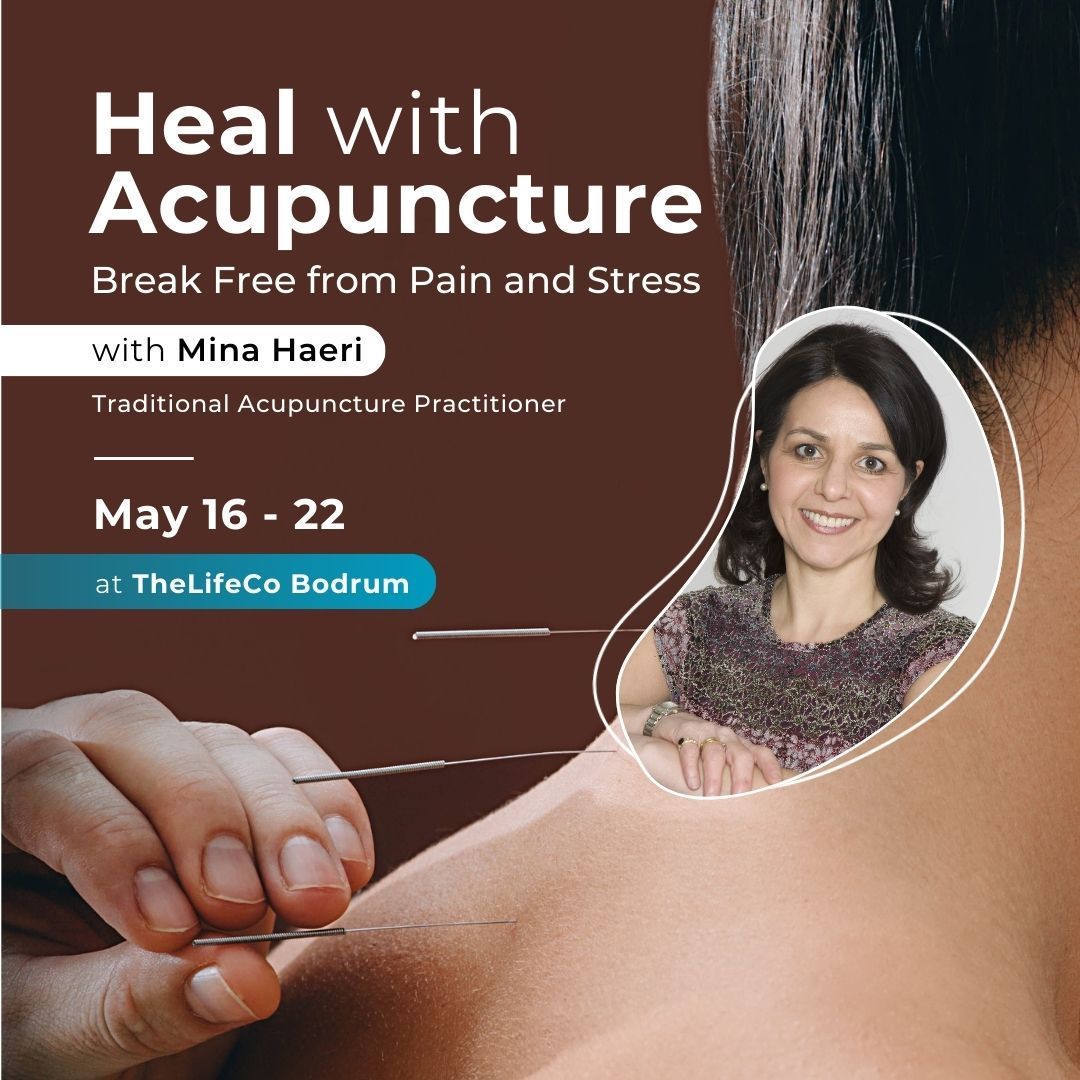Menopause is a natural transition period every woman experiences at a certain age. This period marks the end of the menstrual period. Thus it leads to various changes in the body due to fluctuations in hormone levels. Although being a natural process for anyone who menstruates, menopause can come with various symptoms that can affect your health. This is where menopause self-care plays a vital role in keeping you physically and emotionally healthy.
By menopause self-care during this transition, you can effectively manage these symptoms. This article presents the ultimate menopause self-care checklist to help you get through this transitional phase in daily life.
Navigating Mood Changes During Menopause
Mood swings, a common symptom of menopause, can significantly affect your emotional wellbeing. Understanding your moods can help you manage them better and faster. You can indulge in self-care activities that promote relaxation and stress reduction. Meditation, walking, breathing exercises, yoga and engaging in hobbies or activities can help to stabilize your mood and reduce anxiety.
Combating Hot Flashes and Night Sweats Effectively
Night sweats can reduce your sleep quality, making you tired and irritable. Create a sleep-friendly environment in your bedroom to reduce the intensity of night sweats. You can choose a comfortable bed linen, moisture-wicking sheets, cool your room temperature and wear breathable pyjamas.
Essences such as lavender, lemon balm and chamomile can help you sleep. If you experience hot flashes, a portable fan can help cool you down. Also, avoiding spicy foods, caffeine and alcohol can help reduce hot flashes. Staying hydrated can help reduce hot flashes and remove toxins from the body.
5 Self-Care Tips for Thriving Through Menopause
1. Eating a Healthy Diet
It is normal to have a slow metabolic rate during menopause. That’s why weight gain is a common concern due to hormonal changes. We advice you to prioritize a healthy and balanced diet to effectively manage weight gain.
Eating well will make you feel mentally and emotionally good too. Include whole foods such as fruit, vegetables, whole grains and lean proteins in your meals. Don’t forget to drink enough water, control your portions, and eat carefully.
Regular exercise is also very important for managing a healthy weight and maintaining overall health. Aim to drink at least eight glasses of water a day if you are physically active or sweating excessively.
2. Taking Care of Your Heart
During and after menopause, women’s bodies produce less estrogen, which can lead to the narrowing of coronary arteries. This increases the risk of plaque buildup and heart disease. Estrogen is important for protecting artery walls, but with decreased levels, this protection decreases too.
Adopt menopause self-care habits that are good for your heart and reduces the risk of heart disease during and after menopause. Eat a heart-healthy diet with less saturated fats and sodium and exercise regularly to keep your heart strong. Avoid smoking and limit alcohol consumption.

3. Cleansing Your Liver
Toxins and chemicals that build up in your body affect your body’s natural detox processes. Toxic load is the main reason for low energy levels, hormonal imbalances and brain fog.
A lifestyle supporting liver detoxification includes reducing toxic exposure while enhancing immunity and rebuilding glutathione levels, sulfur compounds, and methylation.
Detoxification techniques such as oil pulling, dry brushing, intermittent fasting, water fasting and infrared sauna are beneficial for strengthening the liver. These should be done whenever possible, along with consuming liver-healthy foods.
4. Relieving Stress for Mental Clarity
5. Supporting your Body with Supplements
Some natural supplements can help balance hormonal fluctuations, such as perimenopause and menopause. Evening primrose oil is one of the supplements known for relieving menopause symptoms such as hot flashes, sleep problems and night sweats. Vitamin 6 can also help with sleep problems, manage menopausal depression, and boost serotonin levels.
Preserving Bone Health and Reducing Menopausal Risks
Decreased estrogen levels during menopause increase the risk of osteoporosis. That’s why bone health should be essential to your menopause self-care to prevent bone loss and maintain strong bones. Take an adequate amount of calcium and vitamin D supplements to prevent osteoporosis.
Vitamin D can also be obtained through proper sunlight exposure at the right times. Regular weight-bearing exercises such as walking or weight lifting and consuming calcium-rich foods, green leafy vegetables and fortified cereals also contribute to maintaining bone density.
Open Communication with Your Doctor About Menopause
If you are struggling with symptoms that significantly affect your quality of life, it is important to remember that the support of a specialist is essential.A specialist can guide to help you manage your menopausal symptoms effectively, suggesting ideas or lifestyle changes to improve your self-care. In some cases, hormonal treatments may be prescribed to relieve symptoms such as hot flushes, night sweats and vaginal dryness.
Building Knowledge and Empowerment Through Education
Exploring Hormonal Replacement Therapy (HRT) Options
Another condition that every woman experiences during menopause is, of course, a decrease in estrogen levels. This is another inevitable variable of hormonal changes. Hormonal replacement treatment aims to bring a woman’s low estrogen and progesterone levels that will alleviate symptoms. This way you can get rid of many symptoms caused by menopause and provide a significant benefit in reducing vaginal dryness.
Frequently Asked Questions about Menopause
How can I take care of myself during menopause?
What is the best thing to do for menopause?
What are the 3 stages of menopause?
What not to do during menopause?
How can I increase my estrogen naturally?
As harmful chemicals in your system can imitate your hormones and add to the imbalance, cleansing your body with a detox program can help increase estrogen levels.








